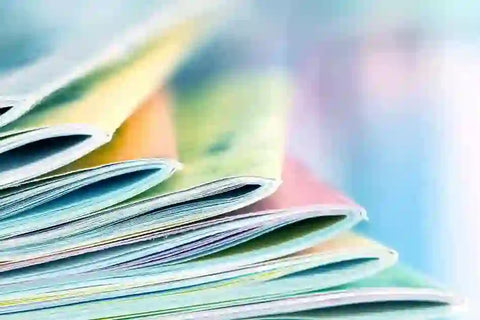Academic Publishing

How To Write a Methodology for a Publishable Journal Article Writing about the significant results...

Recent discussions about publishing academic and scientific research as book chapters in edited volumes instead...

Writing an Effective Abstract for Journal Submission With the exception of your covering letter, the...

Open Access vs Traditional Publishing: What Are the Differences? The defining difference between open access...

Writing Acknowledgements for Academic or Scientific Manuscripts Most academics and scientists read (or perhaps skim)...

The Process of Publishing a Research Paper in a Journal Paradoxically, submitting a research paper...





